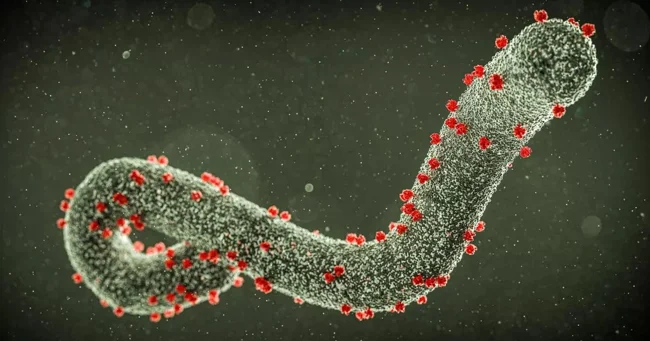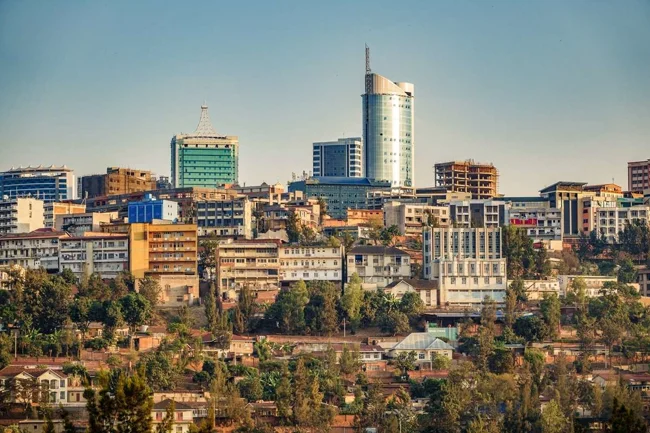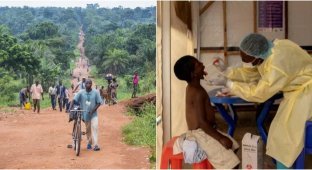The World Health Organization has warned of a high risk of the spread of a deadly and incurable disease. Rwanda's Ministry of Health has confirmed the country's first outbreak of Marburg fever, recording cases in seven of its 30 districts. There are 26 known infections and eight deaths. Most of the victims are health workers. 
There is currently no treatment or vaccine for Marburg virus. An investigation is underway to determine the source of the infection.
A WHO official said: "It is vital that people with fever-like symptoms seek medical care promptly. This will allow supportive treatment to begin, which can significantly improve their chances of survival. WHO assesses the risk of the current outbreak as very high at the national level, moderate at the regional level and low at the global level." 
Kigali, the capital of Rwanda
Marburg is a highly virulent disease that is almost identical in structure to the Ebola virus.
The Marburg and Ebola viruses belong to the Filoviridae family (filoviruses). In nature, this virus is common among Rousettus fruit bats.
The disease is transmitted between people by direct contact, especially with biological fluids. Burial ceremonies that involve direct contact with the body of the deceased can also facilitate the transmission of the virus.
The incubation period varies from two days to three weeks. The disease begins suddenly with a high fever, severe headache and malaise. On the third day, severe diarrhea, abdominal pain and cramps, nausea and vomiting appear. On average, bleeding begins after five to seven days. The pathogen kills 9 out of 10 infected people. 
Outbreaks have also been reported in Congo, Uganda, Tanzania, Equatorial Guinea, Angola, Ghana, Kenya and South Africa.
However, the World Health Organization does not recommend restrictions on trade and travel to Rwanda.
Add your comment
You might be interested in:



























